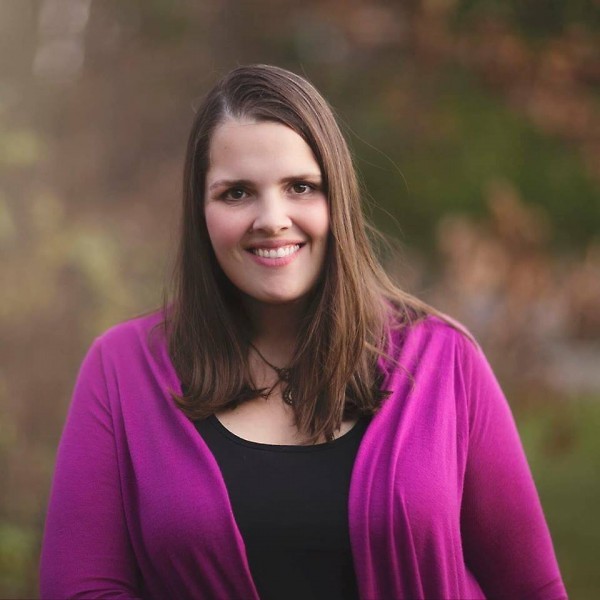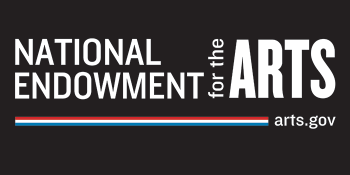I often compared myself to a puzzle piece. At the beginning of my life, I went missing outside of the box, feeling like I don’t fit anywhere, unique to one puzzle somewhere out there, waiting to be placed back in perfect position.
Alone and a missing puzzle piece-adoptees often share in this feeling, an overwhelming sense of aloneness.
I’ve always been an introvert. I enjoy periods of being by myself (especially in nature) to reflect and recoup from the stressors of life and and my profession. I grew to appreciate the times I spent alone. However, growing up adopted, it wasn’t being alone, it was the feeling alone. And that feeling stemmed from the loss and separation I experienced at birth, my relinquishment.
Here's a glimpse into my story:
I was born at 4:04 AM. The moon was full and conditions had moved from fair to mostly cloudy.
My birthmother, named “P” for the sake of this article, went into labor so quickly she was unsure if she'd make it to the hospital in time. Four hours later, there was a baby, 7 pounds and 4 ounces. But P would never get to hold me as new mothers normally do. She was told I was an “adoption baby” and was immediately taken from the doctor and given to the nurse. I spent the majority of my time in the hospital at the nursery, place in a corner, waiting to be given to my foster placement. P was told “that's where the adopted babies go."
Following birth, my infant self was in a state of shock. Typical in all newborn babies, they enter a world from the safety of the womb to the external world of chaos. In the nursery of the hospital, I was laying there helpless, searching for maternal cues I would never receive: the tenderness of her touch, the comfort of her beating heart, the scent of her milk. I was scared and alone, and I would wait 32 years to be in her physical presence again.
P grew up in Saginaw, Michigan until she was forced to move when her father changed jobs before her senior year high school. She recalls harboring much anger and resentment over her parents in their decision to move during that time. As P described, “When people say they have a chip on their shoulder..well, I had a two by four.” Describing her mother as hypercritical, P vowed to never raise her daughter this way, my half-sister whom she later parented.
P became pregnant with me after a brief relationship with my birthfather, a guy described as being “the tough guy” which was suitable given P’s tempestuous personality against her own parents. Living and working as a factory worker, struggling to make ends meet, a now pregnant P, found out the company she was working for was going out of business. She was scared, desperate and at a loss of what to do about both her current situation and her future. She wanted her unborn baby to have all of the things she deserved. P had to make a choice. And adoption was the choice she made. A choice to which she’d ultimately suffer deep and long-term consequences. A choice that ended in an insurmountable loss that would bear pain for years to come.
As P described to me, the process of looking through potential parents was a rather long and arduous one. With blurbs upon blurbs of non-identifying information, she had wanted me to have a similar upbringing to hers, and wanted me to have a brother like she had. She began crossing off couples one by one from the list. The end result was my parents.
Adoption was in P’s case, as it is often in others, a permanent solution to a temporary problem. But it was the only choice she felt she had at the time, and she eventually made peace with it. As P described, "It is a raw and empty feeling to have to give your child away…that child is a part of you and will always be. To give a child to a complete stranger is a feeling that can’t be relayed to someone who has never had to go through it… to carry, to labor, and to not even take you home was like having all your possessions go up in flames and you go to a burned house. Emptiness.”
Those complete strangers, of course were my adoptive parents, only known to P by the single blurb provided by the Catholic adoption agency. My adoptive parents had been in the process of adopting a second child after my brother, who is 5 years older than me. My parents were anxiously awaiting a new baby, and were elated when they received the call from the agency. "Congratulations! You have a baby girl!" Unbeknownst to them, amid all the joy and happiness, they were unaware of the pain and loss that had occurred.
Raised in a closed adoption, I did not have access to my birth records. My adoptive parents did not discuss the origins of where I came from openly. Closed adoption is rooted in secrets and shame. We rarely talked about adoption in my family. Growing up, my parents had given me tidbits of information, but the information was limited and often the same.. “I think she was older.” During that time, I felt uncomfortable when my adoptive parents spoke of my biological mother. Later, I realized that sense of uncomfortableness was because they were uncomfortable. I grew up internalizing these uncomfortable feelings which translated into shame. I thought, "Were the origins surrounding my birth bad? Why are my parents uncomfortable telling me about my birthmother? Did something go wrong? Does that mean I am bad?"
That’s the thing about secrets.. they only lead to shame and a sense of unworthiness.
Further discussion of adoption would hurt my adoptive mother. Not wanting to hurt her, I internalized all the thoughts and feelings. I grew up feeling that my origins did not matter. I was constantly told I was “special” even though every cell in my body felt otherwise. What I felt was anything but special. I felt unworthy.
It's like being frustrated putting together a 5000 piece puzzleand you have this piece you want to go in a particular spot. It looks like it could go there. But it doesn’t quite fit.
Most of all, I felt abandoned and unlovable. I ended up feeling like my story did not matter.
The search and reunion process has been slow, long and seemingly endless. A process that started while I was pregnant with my oldest child while in the middle of graduate school is still ongoing now. I’ve learned the search for one’s self is an ongoing process which changes and evolves as we grow through life on our individual path for wholeness. I continue to approach my path one day at a time, embracing each moment.
My story, like each and every adoptee’s story, is unique. Healing lies within the telling of your story. As Iyanla Vanzant states, “When you stand and share your story.. your story will heal you and your story will heal somebody else." I have come to learn through personal experience and professional knowledge, healing occurs through the telling of one’s story and when that story is fully heard with supportive listening.
Healing does not happen in a vacuum. In my personal quest for wholeness, I have learned the importance of community in my healing. What I was looking for was someone with whom I could share my experiences, someone I could relate to. Luckily, I was able to seek support through therapy and the online adoption community throughout my search and reunion. Before, I felt lost, voiceless and without a community. This is why support groups like Adoptees Connect are so important to adoptees. They make us feel less alone. It is my hope that by sharing my story can help others in their own self-awareness, healing, and growth. Perhaps, someone can identify with my narrative and maybe they will be reach out for support and find they are also an essential piece to the adoption puzzle.
Written by Melissa K. Nicholson, LMSW on behalf of Adoptees Connect - Grand Rapids
The Rapidian, a program of the 501(c)3 nonprofit Community Media Center, relies on the community’s support to help cover the cost of training reporters and publishing content.
We need your help.
If each of our readers and content creators who values this community platform help support its creation and maintenance, The Rapidian can continue to educate and facilitate a conversation around issues for years to come.
Please support The Rapidian and make a contribution today.

